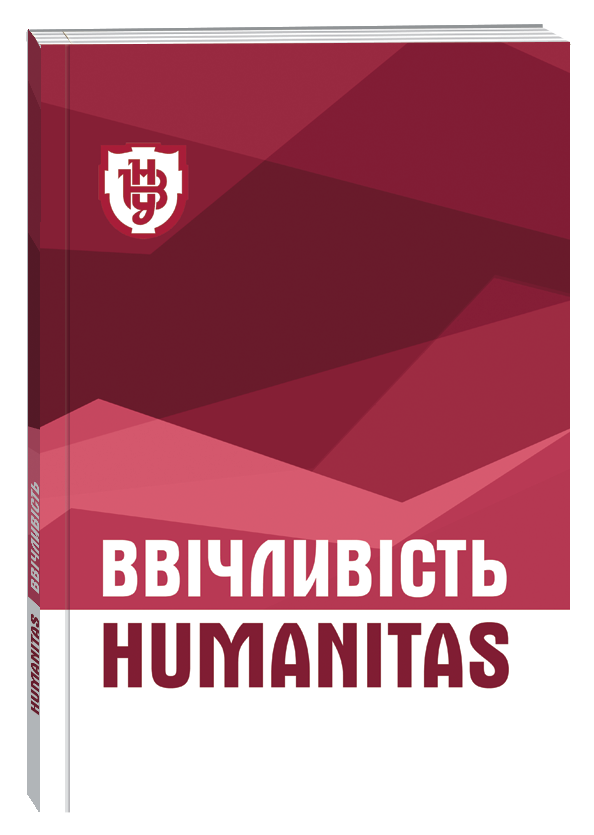CONCEPTUAL FOUNDATIONS OF THE TECHNOLOGY FOR FORMING FACILITATION COMPETENCE OF FUTURE SOCIAL WORKER
DOI:
https://doi.org/10.32782/humanitas/2025.4.15Keywords:
pedagogical technology, criteria for technological feasibility, technology for forming facilitation competence of a future social worker, conceptual foundations of technology for forming facilitation competence of a future social workerAbstract
The relevance of the problem of the presented article is due to the objective challenges of today, associated with crisis situations of modern stressful life, which cause anxiety, frustration, and deprivation of the population, which requires its social readaptation, assistance, and support, which are included in the professional functionality of a modern social worker with developed facilitation competence. The necessity and feasibility of developing a technology for forming the facilitation competence of a future social worker as a unity of conceptual foundations and content and procedural components have been proven. The technology for forming the facilitation competence of a future social worker has been defined as a holistic set of all its components, as well as a phased, algorithmized sequence of certain actions aimed at its effective implementation. The conceptual basis of the presented technology, which is a multi-approach synthesis of axiological, systemic, facilitation, activity, subjective, environmental, and technological scientific approaches, is analyzed, which are presented in a coherent manner to the established scheme of methodological analysis, namely its philosophical, general-scientific, specific-scientific, and technological-methodological levels. Scientific approaches are specified in the strategic and tactical principles of the technology for forming the facilitation competence of a future social worker, which are put into practice in substantiating its content and procedural components in subsequent works. The compliance of the proposed technology with the criteria of technological feasibility has been proven, which we consider to be: conceptuality, systematicity, manageability, reproducibility, algorithmicity, efficiency, and diagnosticity.
References
Педагогічні технології у непереривній освіті: монографія / С. О. Сисоєва, М. А. Алексюк, П. М. Воловик, О. І. Кульчицька та ін. ; за ред. С. О. Сисоєвої. Київ : Віпол, 2001. 502 с.
Желанова В. В. Реалізація технологічного підходу до професійної підготовки майбутнього педагога у ВНЗ. Інженерні та освітні технології, 2017. Т. 3 (19). С. 25–31.
Кремень В. Г. Освіта дорослих: енциклопедичний словник. Київ : Основа, ред. 2014. С. 102.
Чернета С. Ю. Теорія та практика підготовки майбутніх фахівців із соціальної роботи до надання соціальних послуг : дис. …докт. пед. наук : 13.00.05. Полтава, 2023. 546 с.
Волошко Г. В. Фасилятивний підхід у діяльності викладача як сучасний напрям реформування вищої освіти. Педагогічні науки: теорія, історія, інноваційні технології. 2016. № 9 (63). С. 96–106.
Желанова В. В. Середовищний підхід у вищій освіті: сутність та логіка реалізації. Теорія і практика професійної майстерності в умовах цілежиттєвого навчання : монографія / за ред. О. А. Дубасенюк. Житомир : Вид-во Рута, 2016. С. 98–116.
Караман О. Л. Теорія і методика соціально-педагогічної роботи з неповнолітніми засудженими в пенітенціарних закладах України : дис. ... д-ра пед. наук : 13.00.05. Луганськ, 2013. 570 c.








